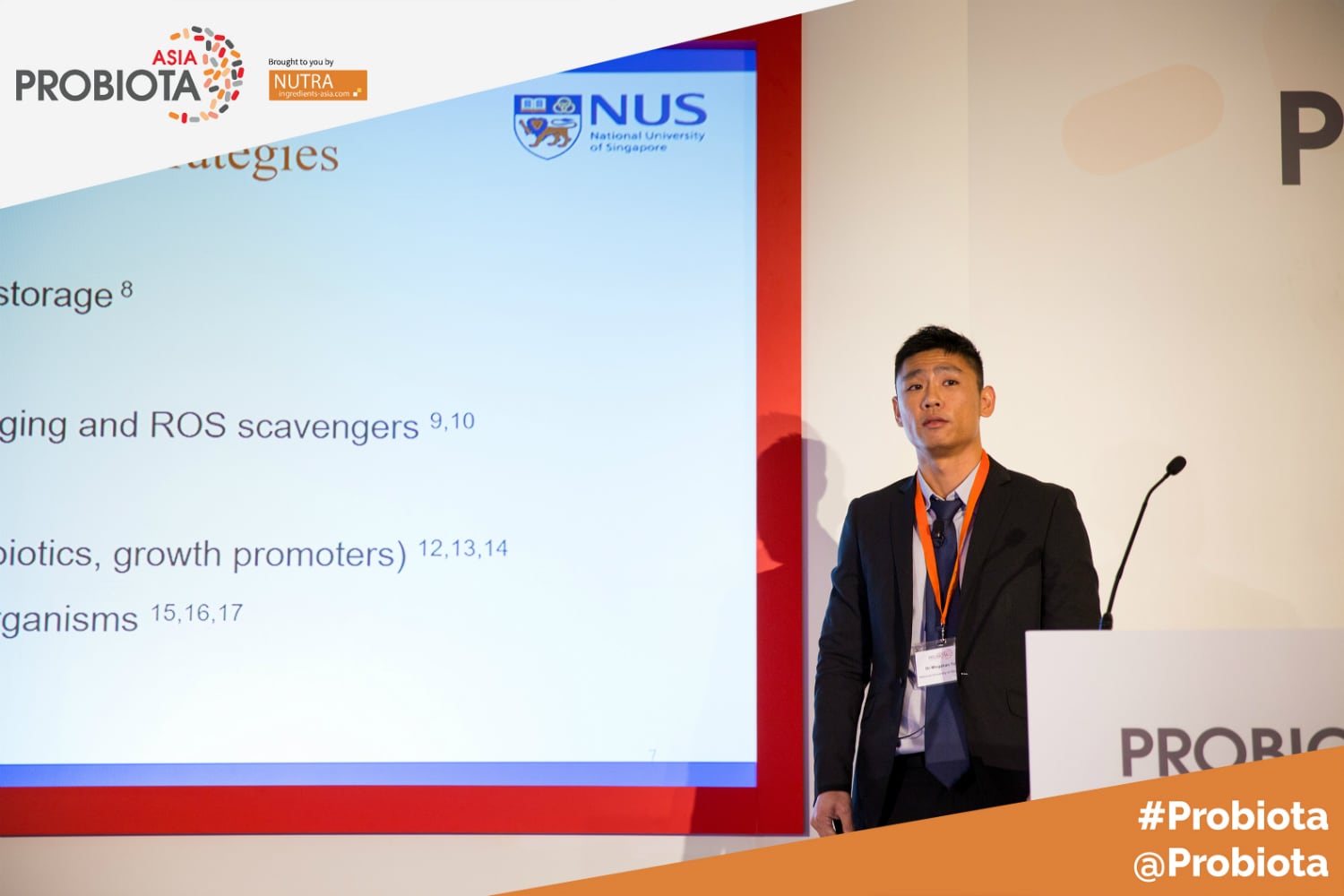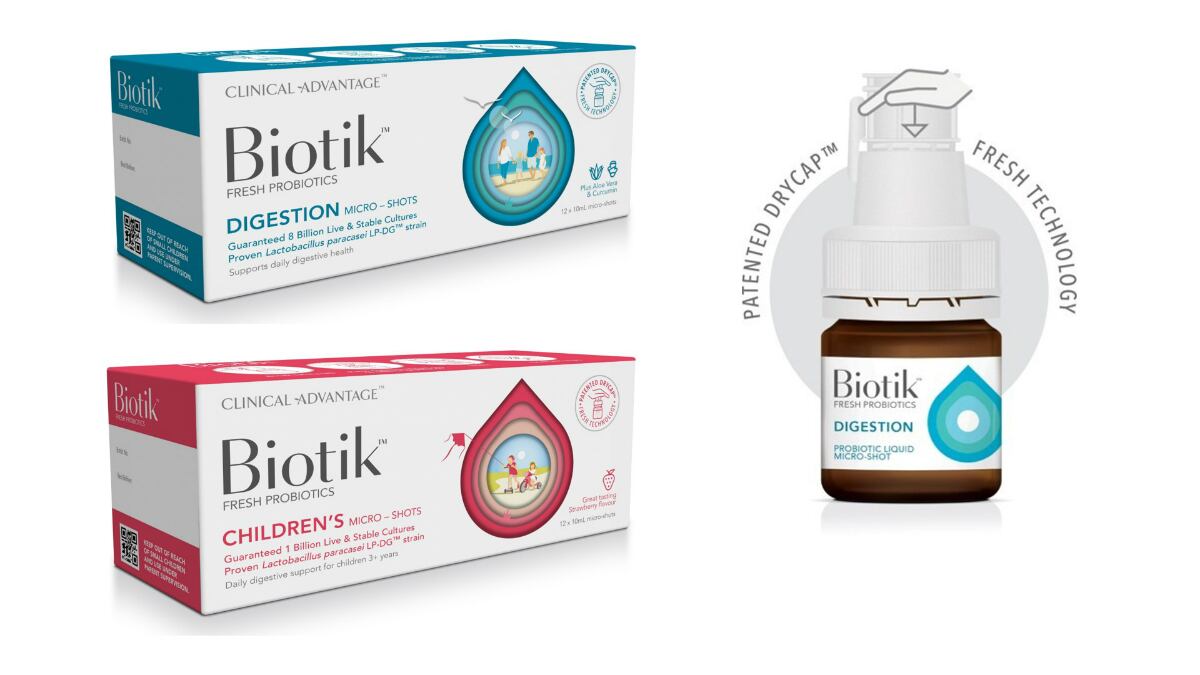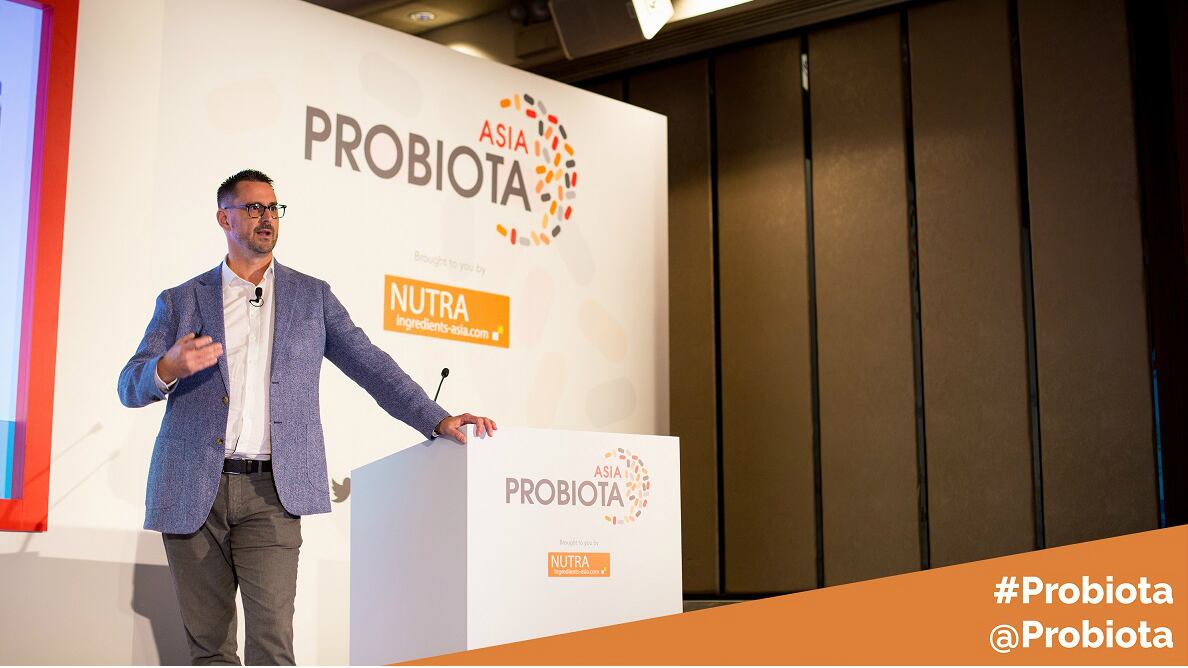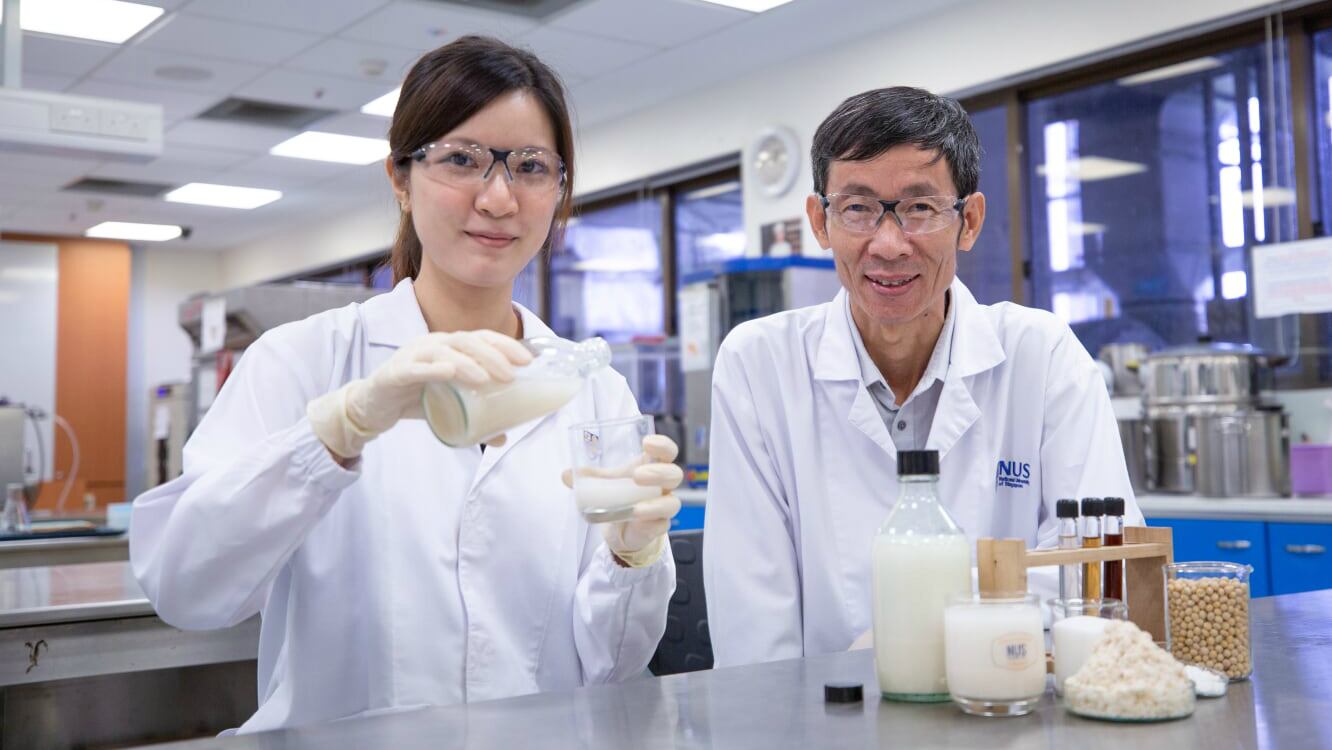Speaking at Probiota Asia 2018, Dr Mingzhan Toh from the Food Science and Technology programme, National University of Singapore, elaborated on how yeast could be a potential survival and viability enhancer for probiotic bacteria.
“As probiotics are live organisms that must be given in adequate amounts before conferring any health benefits on the host, [these must be maintained] above the recommended minimum levels of 1 billion CFU per serving,” said Dr Toh.
“Co-culturing probiotic bacteria with yeasts could enhance the growth and/or survival of the former in foods and beverages.”
Citing recent research, he highlighted results showing that probiotic bacteria that was co-cultured with yeast in milk at 30°C and stored for 11 weeks showed higher rates of survival than the control group.
"That said, the probiotic viability-enhancing effect varied with different strains of yeast, and some species did not show any enhancing effect at all,” he said.
Dr Toh suggested that the protective abilities of yeast could be due to the alleviation of oxidative stress, citing higher levels of the oxidising factor hydrogen peroxide in probiotic cultures that were not co-cultured with yeast.
Factors affecting the probiotic-enhancing effect of yeast
Storage temperature is also a key factor when it comes to testing viability-enhancing effect of yeast.
“At 4°C, yeast did not show any effect on probiotics, likely because it was not activated. From 10°C to 30°C, the probiotic-enhancing effect was increasingly apparent, but at 40°C, there was again no effect, probably because the yeast was again inactivated,” added Dr Toh.
When it comes to flavour, the presence of yeast yielded more alcohol compounds than the control group, which gave the final product a ‘mild banana-like aroma’, he added.
In order to confirm that yeast was the factor conferring the probiotic viability-enhancing effect, the experiment with milk was repeated with a live yeast experimental group, versus a dead (autoclaved) yeast group.
“[The latter group] showed no protective effect on the probiotic bacteria. [This shows] that the probiotics are protected due to the metabolic activity of yeast, and not just physical contact with it,” he explained.
“Yeast must be viable to give a protective effect to probiotics,” he concluded.
Dr Toh also mentioned a number of key factors that affect the viability of probiotics in food, including nutrient content, acidity, oxygen concentration, the presence of microorganisms and storage temperature.
Limitations of using yeast to protect probiotic bacteria
Yeast are live organisms, so its respiratory activity will result in carbon dioxide production.
“[At a certain level], this carbon dioxide production will result in the bloating of the food or beverage packaging,” said Dr Toh.
The metabolic activity of some yeast strains will produce ethanol, which could also be a potential problem, especially when it comes to meeting halal standards and regulations.
“Also, yeast activity is likely to result in acidification, which could affect the flavour,” he added.
“[These findings] could spearhead the development of novel probiotic foods and beverages, […] but further studies on the mechanisms of the probiotic viability-enhancing effect of yeasts are warranted,” Dr Toh concluded.





